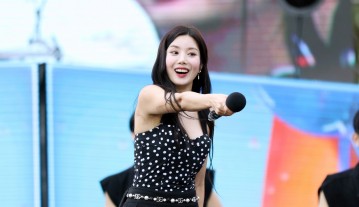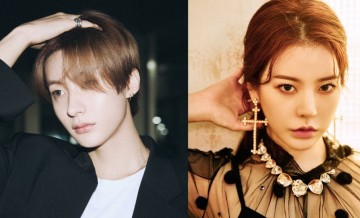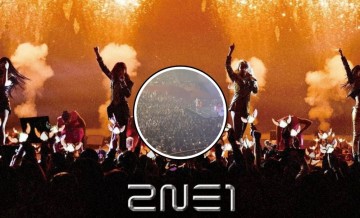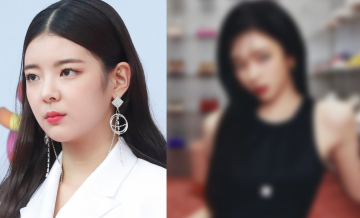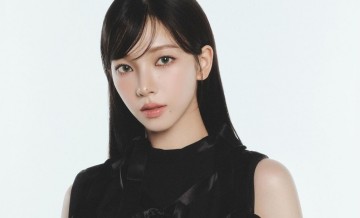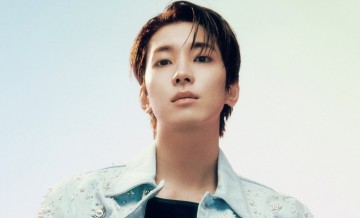Julianne Hough Black Face Controversy [VIDEO] Are We Being Too Sensitive Or Not Enough? Brother Derek Protects Her After Brutal Backlash From Halloween Costume
Julianne Hough Black Face Controversy: Actres Julianne Hough is getting major backlash as she wore a black face on Halloween to resemble Crazy Eyes, a character played by actress Uzo Aduba from the hit Netflix series "Orange is the New Black."
People are very sensitive about Black face as it has a negetative connotation towards black people. But Julianne Hough Did NOT mean to portray black people in that way.
Julianne was dressing like Crazy Eyes because all of her friends were dressing like their favority character from 'Orang Is The New Black.' Julianne meant it as a compliment toward the show, not an insult.
Julianne's brother, Derek Hough who attended the Halloween party with Julianne over the weekend, spoke out in her defense saying "She's my little baby sister and she's the sweetest thing ever. She is just beyond beside herself. She's so apologetic. She's so so sorry."
There are two ways to look at the situation.
1) Julianne Hough did not mean to be racial and America is too sensitive. We have a black president for Gods sake. When black people keep bringing up reasons to be insulted, it only hurts them. So black people can dress as white people such as Cinderella, but white people can't dress like black people. Of course not. Every little girl dresses as their favorite Disney character, and almost all of tehm are white. Black people are constantly saying 'nigger' but white people can't?! It has to work both ways.
2) Blackface represents a combination of put-down, fear and morbid fascination with black culture. Blackface minstrelsy first became nationally popular in the late 1820s when white male performers portrayed African-American characters using burnt cork to blacken their skin. Wearing tattered clothes, the performances mocked black behavior, playing racial stereotypes for laughs.
The caricatures took such a firm hold on the American imagination that audiences expected any person with dark skin, no matter what their background, to conform to one or more of the stereotypes.
Black face meant something negative in the 1900's on Broadway, in silent movies, cartoons and on the radio blackface was depicted as a way to laugh at black people.
Is it time for black people to get eoover the use of Black face?
